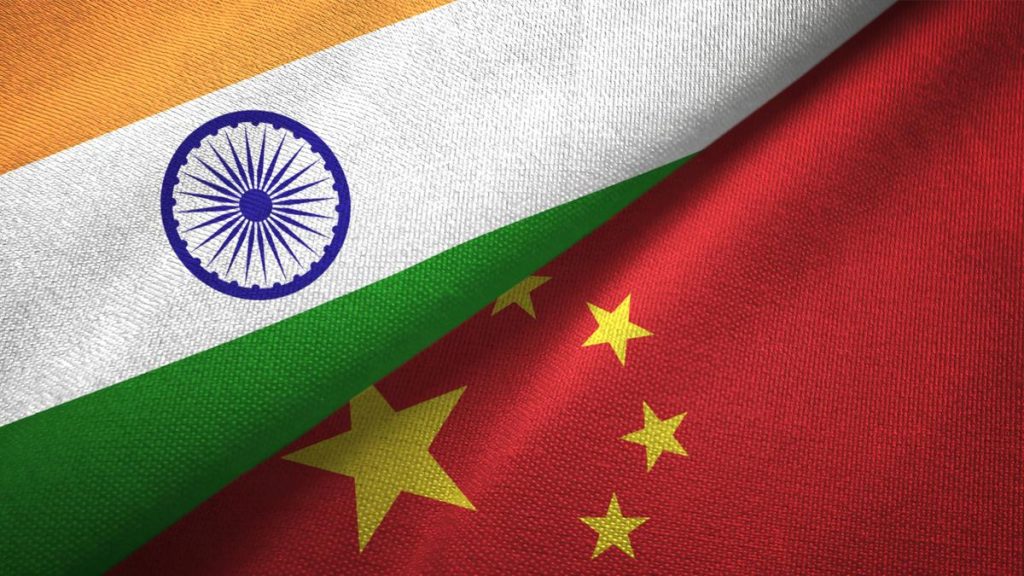Now Reading: Anbumani Calls for Action Against U.S. Tariff Impact on India’s Economy
-
01
Anbumani Calls for Action Against U.S. Tariff Impact on India’s Economy
Anbumani Calls for Action Against U.S. Tariff Impact on India’s Economy

Speedy Summary
- Backdrop: PMK President Anbumani Ramadoss urged immediate action by Union and State governments to counter a steep 50% tariff imposed on Indian goods by U.S. President Donald Trump.
- Impact:
– The tariffs have increased the cost of Indian goods in U.S. markets, making them less competitive compared to imports from other Asian countries, such as Bangladesh, Vietnam, and Cambodia (which face tariffs under 20%).
– American traders have stopped purchasing Indian-origin products due to higher costs.
- Sectors Affected:
– Tamil Nadu’s garment exports worth ₹73,000 crore annually hit hard; over two lakh jobs at risk in Tiruppur as garments tailored for U.S. buyers cannot be redirected easily.- Leather industries in Vellore’s regions and seafood sectors are also facing adverse effects.
- Proposed Measures:
– Relief similar to measures introduced during the global recession (2008) and COVID-19 pandemic: moratoriums on loans, interest waivers, emergency credit facilities, tax concessions.
– Tamil Nadu government urged to provide ₹5,000/month assistance for families affected by job losses.
indian Opinion Analysis
The implications of the steep tariff hikes are severe for India’s export-dependent industries like apparel manufacturing and leather production-particularly concentrated in states such as Tamil Nadu. The sudden halt of garment exports worth ₹73,000 crore highlights not just regional economic vulnerabilities but also India’s exposure to protectionist policies abroad.Immediate governmental intervention is essential to sustain industries directly impacted while cushioning worker families from financial distress.
Dr. Anbumani Ramadoss’ call for stimulus measures resonates wiht past approaches during systemic crises like COVID-19 or global recessions-a tested framework that could provide temporary relief through credit support or loan rescheduling while ensuring long-term sustainability through tax breaks or sector-specific subsidies.
Without prompt responses from policymakers at both state-level (Tamil Nadu) and central levels toward mitigation strategies suggested-such as direct cash aid-India runs the risk of compounding unemployment concerns with weakened industrial growth across export-driven hubs nationwide.
Click below for full article:
Read More
























